Half of Britons wrongly believe stress causes cancer
YouGov survey highlights large misconceptions over the causes of the disease
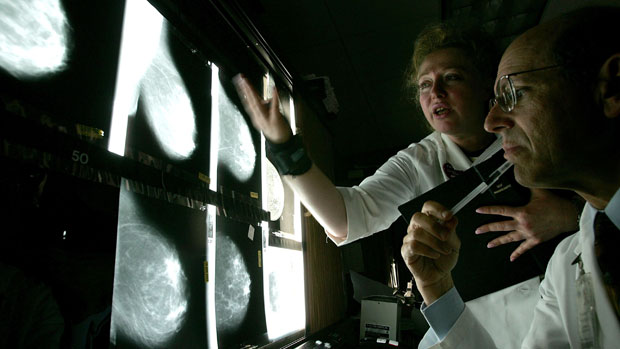
A free daily email with the biggest news stories of the day – and the best features from TheWeek.com
You are now subscribed
Your newsletter sign-up was successful
Half of Britons wrongly believe that stress causes cancer, according to a YouGov survey.
In a survey of the public’s knowledge of what does and does not cause cancer, exactly 50% of the representative sample of 2,070 adults said that stress increases cancer risk.
There have been reports that stress can lead to cancer. “However, the World Cancer Research Fund (WCRF), an influential charity that investigates the causes of cancer, is adamant that there is no evidence to support this,” reports The Guardian.
The Week
Escape your echo chamber. Get the facts behind the news, plus analysis from multiple perspectives.

Sign up for The Week's Free Newsletters
From our morning news briefing to a weekly Good News Newsletter, get the best of The Week delivered directly to your inbox.
From our morning news briefing to a weekly Good News Newsletter, get the best of The Week delivered directly to your inbox.
There is no proven direct link, agrees Cancer Research UK (CRUK) – but the charity stressed to the newspaper that stressed people might eat too much, drink alcohol heavily or smoke, which are all risk factors.
CRUK is clear in its public information that while “stressful events can alter the levels of hormones in the body and affect the immune system...there is no evidence that these changes could lead to cancer.
“It has been suggested that stress can cause cancer, particularly breast cancer. But the evidence for this has been poor. While a few studies have found a link, they have often only looked at a small number of participants or asked women to recall if they were stressed before they developed the disease, which isn’t a reliable way of measuring stress,” it says.
The survey also found that half of those in the UK have also not twigged that physical activity reduces the likelihood of cancer, while a similar proportion don’t know that ham, bacon, salami and other processed meats can increase the risk.
A free daily email with the biggest news stories of the day – and the best features from TheWeek.com
13% wrongly believe coffee adds to the risk, but WCRF points out that actually “drinking coffee could potentially reduce the risk of liver and womb cancer, although more research is needed”.
75% of those polled believed that a person’s genetics played a role in their cancer diagnosis when in fact “only up to one in 10 cancers are linked to inherited genes”.
Fiona Osgun, a CRUK spokeswoman, said: “Research shows there’s no direct link between stress and cancer, but being stressed can make us more likely to reach for a glass of wine or the biscuit barrel. On the upside, healthy ways of dealing with stress like going for a brisk walk can help cut cancer risk.”
“More than four in 10 cases of cancer in the UK are preventable. It’s encouraging that awareness of some of the factors that can increase the risk of cancer, like smoking, are high,” she added.
“But these new statistics highlight what other research has also found; we’ve still got a way to go in helping everybody stack the odds in their favour.”
-
 ‘Restaurateurs have become millionaires’
‘Restaurateurs have become millionaires’Instant Opinion Opinion, comment and editorials of the day
-
 Earth is rapidly approaching a ‘hothouse’ trajectory of warming
Earth is rapidly approaching a ‘hothouse’ trajectory of warmingThe explainer It may become impossible to fix
-
 Health insurance: Premiums soar as ACA subsidies end
Health insurance: Premiums soar as ACA subsidies endFeature 1.4 million people have dropped coverage
-
 The truth about vitamin supplements
The truth about vitamin supplementsThe Explainer UK industry worth £559 million but scientific evidence of health benefits is ‘complicated’
-
 Covid-19 mRNA vaccines could help fight cancer
Covid-19 mRNA vaccines could help fight cancerUnder the radar They boost the immune system
-
 Deadly fungus tied to a pharaoh's tomb may help fight cancer
Deadly fungus tied to a pharaoh's tomb may help fight cancerUnder the radar A once fearsome curse could be a blessing
-
 'Poo pills' and the war on superbugs
'Poo pills' and the war on superbugsThe Explainer Antimicrobial resistance is causing millions of deaths. Could a faeces-filled pill change all that?
-
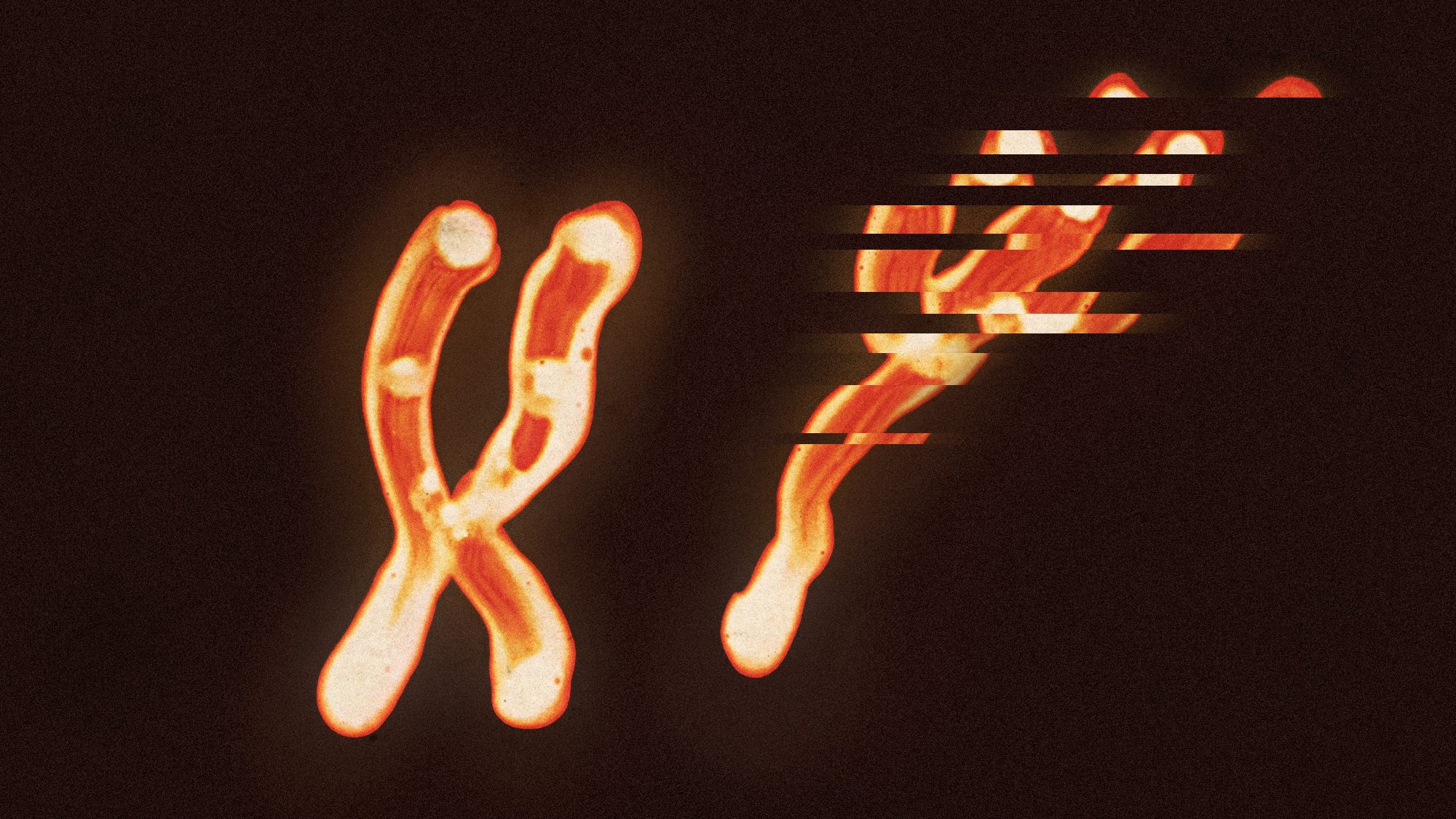 The Y chromosome degrades over time. And men's health is paying for it
The Y chromosome degrades over time. And men's health is paying for itUnder the radar The chromosome loss is linked to cancer and Alzheimer's
-
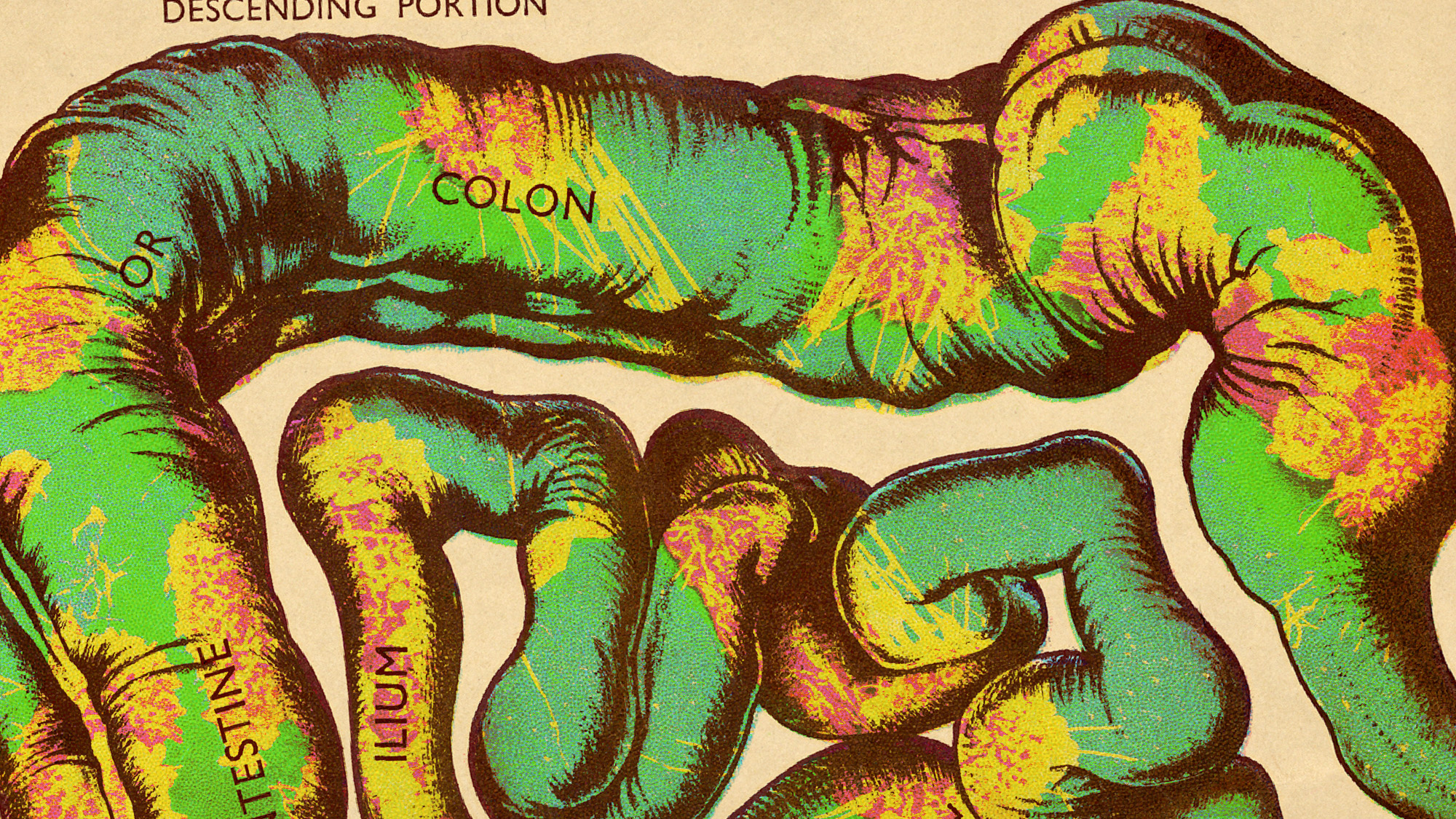 A bacterial toxin could be contributing to the colorectal cancer rise in young people
A bacterial toxin could be contributing to the colorectal cancer rise in young peopleUnder the radar Most exposure occurs in childhood
-
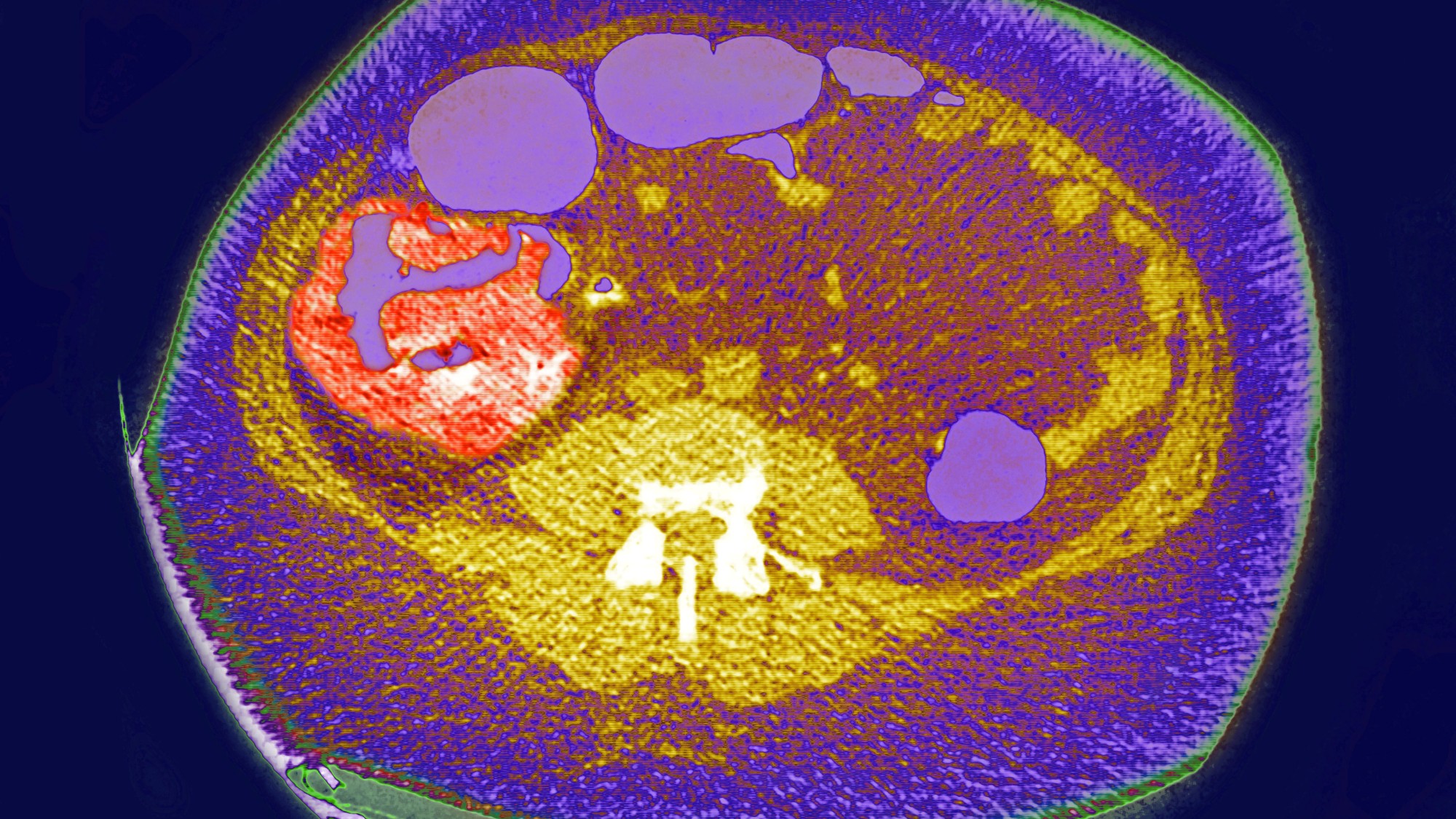 Why are more young people getting bowel cancer?
Why are more young people getting bowel cancer?The Explainer Alarming rise in bowel-cancer diagnoses in under-50s is puzzling scientists
-
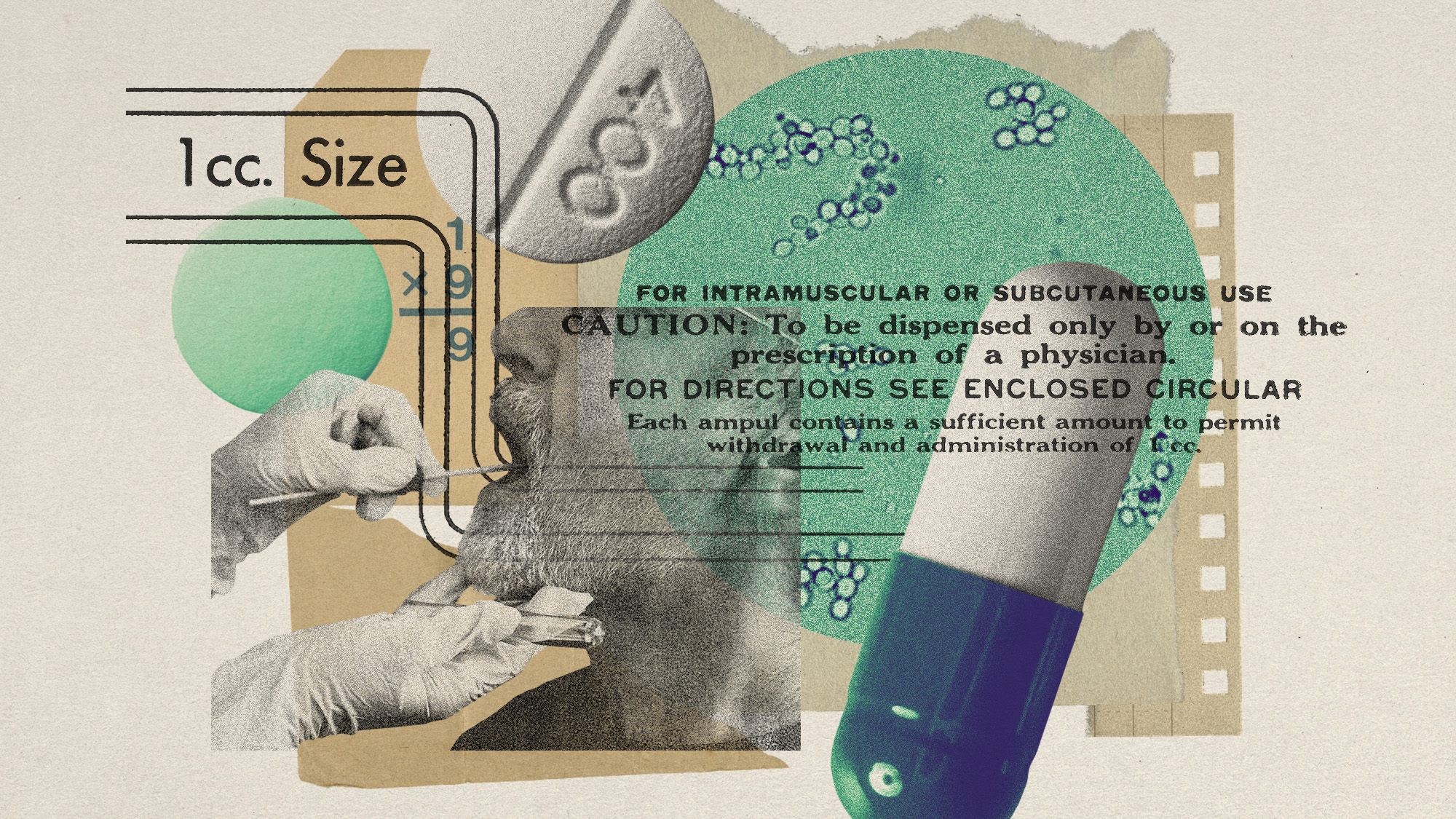 Five medical breakthroughs of 2024
Five medical breakthroughs of 2024The Explainer The year's new discoveries for health conditions that affect millions